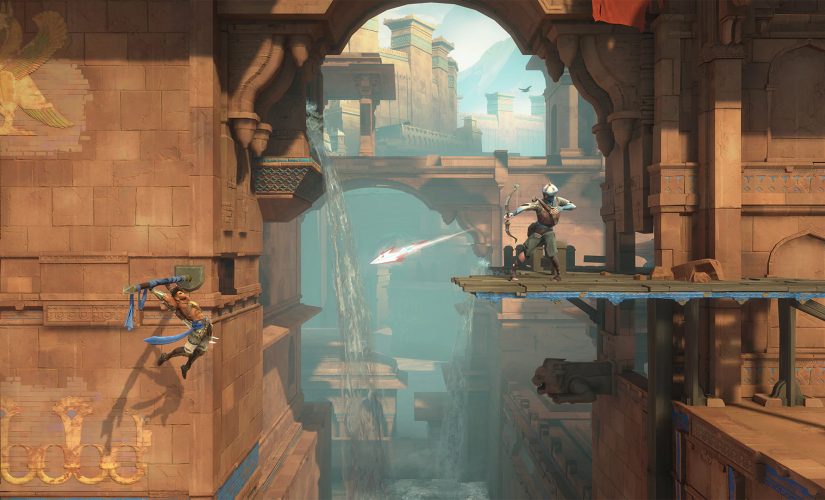Having a physical game collection is becoming a thing of the past and a top Ubisoft executive says it’s something we are going to have to get used to, much like we gave up our CD collections to Spotify and DVD collections to Netflix.
The convenience of on-demand streaming collections the size of the planet is great, until it’s not, as PlayStation owners found out last year when digital content they had actually paid for was removed with no notice.
Ubisoft’s Director of Subscriptions Phillippe Tremblay said, (well he would, wouldn’t he), “One of the things we saw is that gamers are used to, a little bit like DVD, having and owning their games. That’s the consumer shift that needs to happen.
“They got comfortable not owning their CD collection or DVD collection. That’s a transformation that’s been a bit slower to happen in games.”
While true, ‘comfortable’ might be a stretch for some people who snap up physical copies of games wherever possible, and do not leave to the whim of a boardroom when your favorite game might be removed if it is not profitable.
There is also the preservation argument. A whole preservation movement exists, lead by the Video Game History Foundation – a non-profit organization dedicated to preserving, celebrating, and teaching the history of video games.
The growth of Steam as a purchase platform gamers are comfortable with, and even Xbox Game Pass and PlayStation Network with their monthly subscriptions, have led the charge to digital distribution of gaming and the idea that you are always just renting your content rather than owning it. The convenience is obvious.
“Reassuring”
Tremblay continued in an interview with Gamesindustry.biz ,“You don’t lose your progress. If you resume your game at another time, your progress file is still there. That’s not been deleted. You don’t lose what you’ve built in the game or your engagement with the game. So it’s about feeling comfortable with not owning your game.”
“I still have two boxes of DVDs. I definitely understand the gamers perspective with that. But as people embrace that model, they will see that these games will exist, the service will continue, and you’ll be able to access them when you feel like. That’s reassuring.”
You could argue of course that save games preserving your progress have been around a lot longer than digital games distribution and it is rare we load up a physical game only to find everything we have built has vanished. We may have to look to the recent vinyl revival though as hope that we may still be allowed to collect things we like because, well, we want to.





